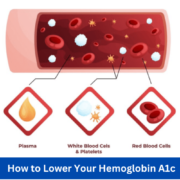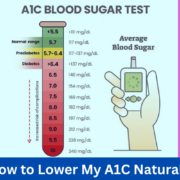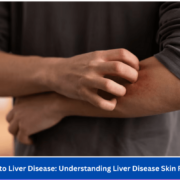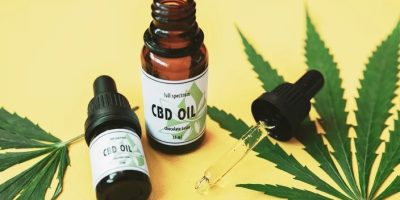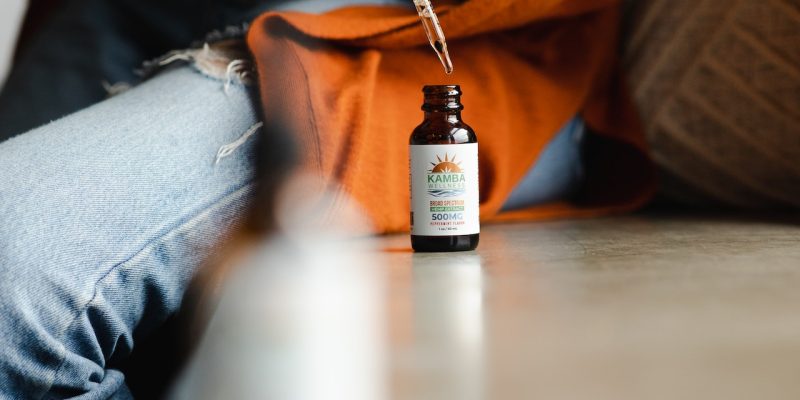
Studies suggest that cannabidiol (CBD) oil may help people feel less anxious. Tetrahydrocannabinol (THC), the psychoactive component of cannabis, is not the same as CBD.
Synopsis
A cannabinoid, a naturally occurring chemical in cannabis plants, is cannabidiol (CBD) (marijuana and hemp). Early study suggests that CBD oil may be able to aid in reducing anxiety.
Contrary to another type of cannabinoid known as tetrahydrocannabinol (THC), CBD does not cause intoxication or the psychoactive effects of cannabis.
Find out more about the potential benefits of CBD oil for treating anxiety and decide if it’s a good option for you.
How Does CBD Function?
The body of a human contains a number of receptors. Receptors are protein-based chemical structures that link to your cells. Different stimuli send them impulses.
CB1 and CB2 receptors might be affected by CBD. The central and peripheral nervous systems, respectively, contain the majority of these receptors.
It is unclear exactly how CBD affects CB1 receptors in the brain. However, it might interfere with serotonin signaling.
A chemical called serotonin is crucial for your mental health. Low serotonin levels are usually linked to depression. Anxiety can occasionally result from a serotonin deficiency.
Low serotonin is typically treated with a selective serotonin reuptake inhibitor (SSRI), such as sertraline (Zoloft) or fluoxetine (Prozac). Only with a prescription from a doctor are SSRIs accessible.
Without using an SSRI, some anxiety sufferers may be able to manage their symptoms. However, you should speak with your doctor before making any changes to your treatment plan.
Evidence from research
Generalized anxiety disorder
When used to treat generalized anxiety disorder, CBD has been shown by the National Institute on Drug Abuse (NIDA) to reduce stress in animals like mice (GAD).
Less anxiety-related behavior was shown by study participants. Their physiological signs of anxiousness, such as fast heartbeats, also diminished.
More research is needed, especially on GAD in humans.
Additional forms of anxiety
Patients with other forms of anxiety, such as post-traumatic stress disorder (PTSD) and social anxiety disorder (SAD), may also benefit from CBD (PTSD). Additionally, it might help with the treatment of insomnia brought on by worry.
In 2011, a study on the effects of CBD on people with SAD was carried out. Participants received 400 mg of CBD or a placebo as their treatment. Those who received CBD said they felt less anxious overall.
Recent studies have shown that CBD can help with PTSD symptoms like nightmares and repeating bad memories. CBD has been researched as a stand-alone treatment for PTSD as well as a supplement to traditional therapies including medication and cognitive behavioral therapy (CBT).
The use of CBD as a therapy for several neurological diseases has also been investigated.
According to a 2017 analysis of the available research on CBD and mental disorders, there is not enough support for the use of CBD as a treatment for depression.
The authors did find some proof that CBD may help people with anxiety issues. However, these studies lacked any sort of oversight. This indicates that the participants were not assigned to a different group (or “control”) that might have received an alternative therapy or none at all.
According to their study, additional human testing is required to better comprehend how CBD functions, recommended dosages, and any possible side effects or hazards.








